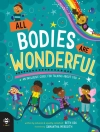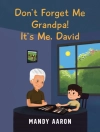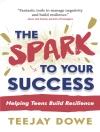Proposes that philosophy is the proper cure for neurosis.
Co-winner of the 2005 Biennial Book Prize for the best philosophy book published in English presented by the Canadian Philosophical Association
John Russon’s Human Experience draws on central concepts of contemporary European philosophy to develop a novel analysis of the human psyche. Beginning with a study of the nature of perception, embodiment, and memory, Russon investigates the formation of personality through family and social experience. He focuses on the importance of the feedback we receive from others regarding our fundamental worth as persons, and on the way this interpersonal process embeds meaning into our most basic bodily practices: eating, sleeping, sex, and so on. Russon concludes with an original interpretation of neurosis as the habits of bodily practice developed in family interactions that have become the foundation for developed interpersonal life, and proposes a theory of psychological therapy as the development of philosophical insight that responds to these neurotic compulsions.
Innehållsförteckning
Acknowledgments
Introduction
PART I. The Form of Human Experience
1. Interpretation
2. Embodiment
3. Memory
PART II. The Substance of Human Experience
4. Others
5. Neurosis
PART III. The Process of Human Experience
6. Philosophy
Bibliography
Index
Om författaren
John Russon is Professor of Philosophy at the University of Guelph and the Director of the Toronto Summer Seminar in Philosophy. He is the author of Bearing Witness to Epiphany: Persons, Things, and the Nature of Erotic Life and Human Experience: Philosophy, Neurosis, and the Elements of Everyday Life, both also published by SUNY Press.












